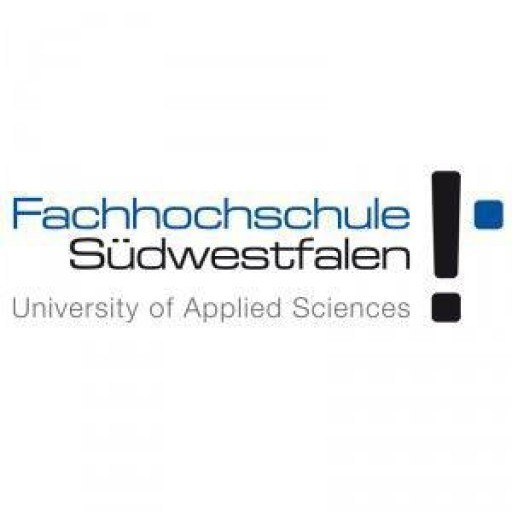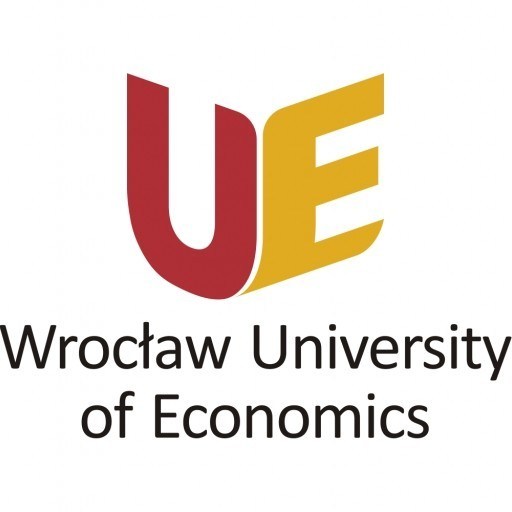Photos of university / #universityofgroningen
The Bachelor's degree in Information Science at the University of Groningen offers a comprehensive and multidisciplinary education designed to prepare students for the rapidly evolving field of information management and technology. This programme combines theoretical foundations with practical applications to equip students with the skills necessary to analyze, design, and manage information systems in various professional contexts. Throughout the course, students explore core areas such as data analysis, information retrieval, database design, programming, human-computer interaction, and information policy. Emphasizing a user-centered approach, the programme encourages students to consider ethical, social, and legal aspects associated with information technology, ensuring responsible and sustainable use of information resources.
The curriculum includes a mix of lectures, tutorials, and practical assignments, fostering both individual and team-based learning. Students have opportunities to participate in internships, research projects, and collaborations with industry partners, providing real-world experience and networking opportunities. The programme also emphasizes critical thinking and problem-solving skills, preparing graduates for diverse careers in sectors such as IT consultancy, data analysis, software development, information management, and digital innovation. Additionally, the programme frequently updates its content to reflect technological advancements and industry needs, ensuring graduates are well-equipped for the future job market.
Students benefit from the university's strong research environment and access to cutting-edge facilities and resources. The programme cultivates an international outlook, encouraging students to understand global trends and challenges in information science. With a focus on both technical expertise and social awareness, the Bachelor's in Information Science at the University of Groningen is ideal for motivated individuals interested in shaping the digital landscape through innovative solutions and responsible information management. Upon successful completion, graduates will be prepared to pursue advanced studies or embark on a professional career in the dynamic world of information technology and data-driven decision making.
The Bachelor's degree programme in Information Science at the University of Groningen offers a comprehensive and interdisciplinary education designed to equip students with the skills and knowledge necessary to understand, analyze, and develop information systems in various contexts. Throughout the programme, students explore the fundamental principles of information technology, data management, human-computer interaction, and the societal impact of digital information. The curriculum combines technical courses with insights into user behavior, organizational processes, and the ethical considerations surrounding information use. Students begin with foundational courses in computer science, information systems, and data analysis, building a solid base for more advanced topics such as information architecture, digital innovation, and user-centered design. Practical experience is integrated through project work, internships, and collaboration with industry partners, allowing students to apply their theoretical knowledge to real-world problems. The programme emphasizes critical thinking, problem-solving, and communication skills to prepare graduates for diverse career paths in the IT sector, consultancy, academia, or entrepreneurial ventures. In addition, students have opportunities to specialize in areas like data science, digital communication, or information management, tailoring their education to their interests and career ambitions. The university's vibrant academic community and state-of-the-art facilities foster an innovative learning environment, encouraging students to engage in research and contribute to technological advancements. Upon graduation, students are well-equipped to contribute to the development of information systems that enhance organizational efficiency, support digital transformation, and address societal challenges related to information access and security. The programme also emphasizes ethical responsibility and sustainability, ensuring that graduates are prepared to lead in advancing technology in a responsible and impactful manner.
Other requirements
- Matching Wanneer je een studiekeuze hebt gemaakt, wil je natuurlijk zeker weten dat je goed zit. Door deel te nemen aan de verplichte matchingsactiviteit van je opleiding, kom je erachter of de studie bij je past. Tijdens de matchingsactiviteit krijg je verschillende onderdelen aangeboden; zo volg je bijvoorbeeld een college en maak je een toets. Met behulp van de feedback op de gemaakte toets en/of een gesprek met een ouderejaars student of docent, kun je voor jezelf een goede inschatting maken of je matcht met de opleiding. Lees hier meer over de matchingsactiviteit van deze opleiding: www.rug.nl/matching
The University of Groningen offers various funding options for students enrolled in its Information Science master's program. Prospective students are encouraged to explore scholarships, grants, and financial aid programs available through the university and external organizations. The university provides scholarships such as the Holland Scholarship, which is aimed at talented international students from outside the EU/EEA, offering a one-time award to assist with living costs. Additionally, the Amsterdam Merit Scholarship and other faculty-specific scholarships may be available to outstanding students, though availability varies annually. Students are advised to check the University of Groningen's official scholarship page for the latest opportunities and application procedures.
Furthermore, students can benefit from government grants and loans, depending on their nationality and residence status. Dutch students and some EU/EEA students may qualify for student finance from the Dutch government, including student loans and grants that help cover tuition fees and living expenses. International students from outside the EU/EEA are generally ineligible for Dutch government financial support but can seek private loans or sponsorships from their home countries.
Part-time work opportunities are also available to enrolled students through the university's job portal and local employment agencies. Working part-time not only helps students finance their studies but also provides valuable work experience in the field of information science. The university provides guidance on student employment rights and options, with certain restrictions during peak study periods.
To summarize, financing a degree in Information Science at the University of Groningen involves a combination of scholarships, government grants (for eligible students), private funding, and part-time employment. Students should thoroughly research each option well in advance of the start of their program to ensure they meet the eligibility criteria and adhere to application deadlines. The university’s financial aid office provides support and counseling to assist students in identifying suitable funding sources and navigating the application process.
The Bachelor's degree programme in Information Science at the University of Groningen offers students a comprehensive introduction to the fundamental concepts and practical skills related to the management, processing, and utilization of information within various organizational contexts. This programme emphasizes the development of a strong theoretical foundation in information systems, computer science, and data management, while also fostering an understanding of the societal, ethical, and organizational implications of information technology. Students gain hands-on experience through project-based learning, internships, and collaboration with industry partners, preparing them for diverse careers in information management, data analysis, and digital services. The programme is designed to cultivate critical thinking, problem-solving, and communication skills, which are essential in the rapidly evolving digital landscape. The curriculum typically includes courses on information architecture, database design, programming, user interface design, and information ethics. Students also have opportunities to specialize in areas of interest, such as data science, digital media, or cybersecurity. The University of Groningen’s strong international focus ensures that students are prepared to operate effectively in global environments, making use of languages, intercultural communication, and international cooperation. The programme officially prepares graduates for roles such as information analyst, data manager, information systems analyst, or digital project manager. Students benefit from the university's well-equipped facilities, expert faculty, and a vibrant student community that encourages innovation and collaboration. The programme promotes a multidisciplinary approach, integrating insights from computer science, social sciences, and humanities to understand and address complex information challenges in society and organizations. Upon graduation, students are equipped with the knowledge and skills needed to contribute meaningfully to the development and management of information systems in various sectors, including government, healthcare, business, and media.








